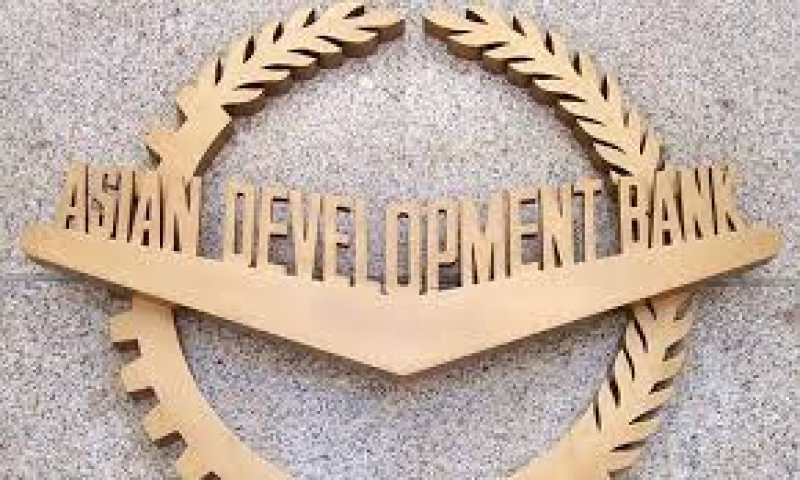- India Sees 9% Drop in Foreign Tourists as Bangladesh Visits Plunge |
- Dhaka Urges Restraint in Pakistan-Afghan War |
- Guterres Urges Action on Safe Migration Pact |
- OpenAI Raises $110B in Amazon-Led Funding |
- Puppet show enchants Children as Boi Mela comes alive on day 2 |
ADB Oks $500m Loan for BD Banking Reform

The Asian Development Bank (ADB) on Thursday approved a $500 million policy-based loan to stabilise and reform the banking sector in Bangladesh by strengthening regulatory supervision, corporate governance, asset quality, and stability.
The Stabilizing and Reforming the Banking Sector Program, Subprogram 1 will focus on policy reforms to promote finance sector resilience by enhancing banking sector governance, increasing the effectiveness of Bangladesh Bank’s liquidity management framework, and introducing immediate measures to resolve significant nonperforming loans in the banking system, according to a press release.
The measures under the programme will support phased compliance with international banking norms, leading to integrity in asset quality information.
The press release said that Bangladesh needs effective financial intermediation which can help business enterprises access credit and individuals obtain financial services from the banking sector.
The banking sector has traditionally focused on industrial segments and creditworthy borrowers, with large sections of the population depending primarily on microfinance institutions.
Strengthening the banking sector, including digital infrastructure, will help provide longer-term financing sources and enable greater and cost-effective financial inclusion.
ADB Principal Financial Sector Specialist Sanjeev Kaushik said the key binding constraints in the banking sector include a lack of robust asset quality, tight liquidity, and inadequate financial intermediation leading to low rates of financial inclusion, reports UNB.
“The programme will bring significant value addition through building the regulator’s capacity for ensuring compliance with international norms, augmenting the capitalization of the banking sector and improving access to affordable finance for micro, small and medium enterprises.”

